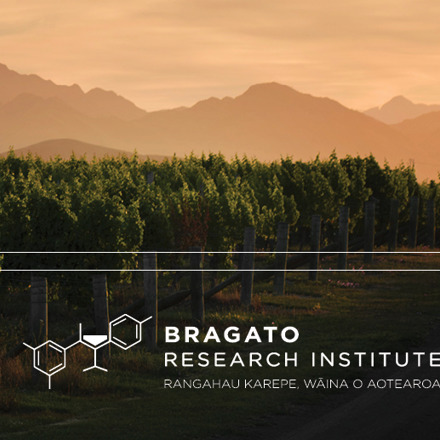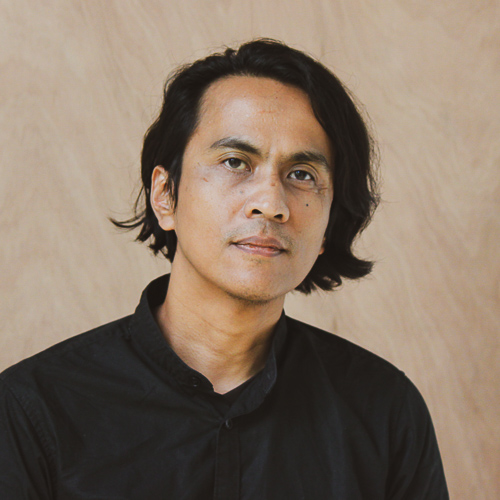
Affan Rachman
Affan has 18 years of extensive geospatial experience in a variety of industries, from winegrapes to petroleum and government. He is the impetus behind Integrape's development of new geospatial projects and products. His philosophy is that having a digital twin of every vine in the field will unlock leaps in better vine management. Affan has an affinity for single-origin coffee, grapes, geography and maps.
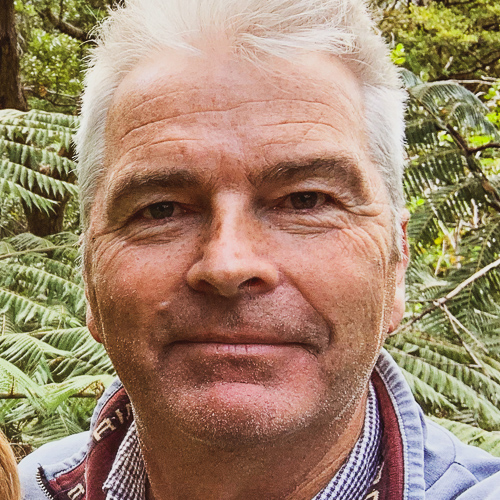
Andrew Blakeman
Andrew is a horticultural consultant, who has over 30 years of experience in horticulture, 20 of those years in the wine sector. His work has included managing large-scale multi orchard and vineyard operations, conducting trial work for private companies and industry bodies, and providing technology transfer. Andrew has a passion for helping growers to improve outcomes through the application of research findings.
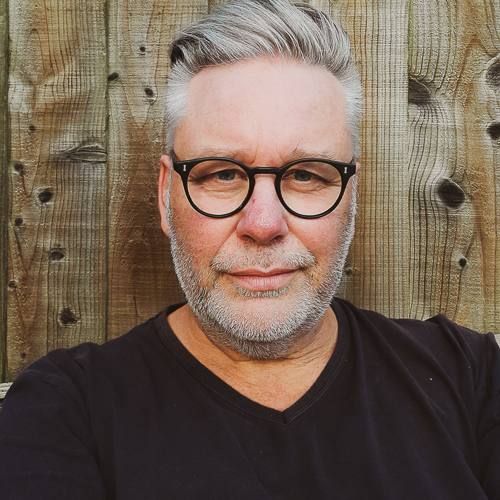
Andrew Neal
Andrew is the soil biology cluster lead at Rothamsted Research in the UK. His research takes a new look at microbiome evolution and function in dynamic soil systems, demonstrating complex interactions between physical soil structure and microbiome metabolism. With significant implications for nutrient-use efficiency in soils, extension and testing of these theories in agricultural soils in different geographical regions is an important step to establishing a common theory of soil system function—revealing the extent to which geographically distant soil microbiomes share genetic complementarity and common responses to soil management. Andrew leads the Mapping and Modelling the Soil Metabolic Web and Biophysical Interactions and Links to Process Rates, Efficiencies and Resilience themes, part of Rothamsted’s Soils to Nutrition Institute Strategic Programme, sponsored by the UK’s Biotechnology and Biological Science Research Council.

Brent Clothier
Brent is a principal scientist with Plant & Food Research based in Palmerston North, as well as the president of Royal Society Te Apārangi. He’s also an adjunct professor at Massey University and China Agricultural University in Beijing, China. Brent has published many scientific papers on the movement and fate of water, carbon and chemicals in the root–zones of primary production systems, irrigation allocation and water management. His work also includes research into sustainable vineyard and orchard practices, including adaptation strategies in the face of climate change. Additionally, he’s editor-in-chief of the highly rated international journal Agricultural Water Management.
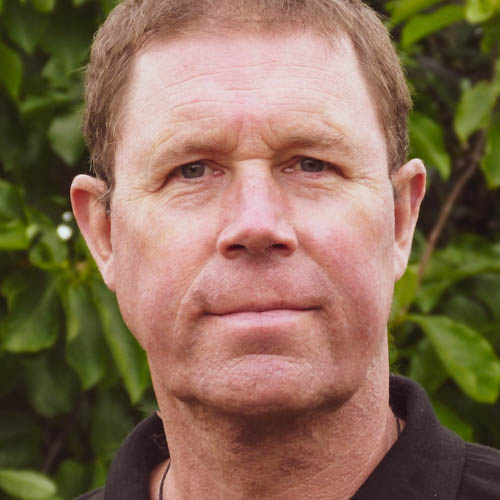
Charles 'Merf' Merfield
Merf is the head of Merfield Agronomy Ltd and the BHU Future Farming Centre, which are dedicated to the science and extension of permanent and whole-system agriculture and horticulture, such as organic agriculture, agroecology, and regenerative agriculture. He has over thirty years experience, both as a grower, having managed organic vegetable farms and as a scientist finding practical and effective physical, biological and ecological solutions to agricultural and horticultural challenges.
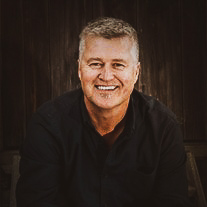
Jeff Sinnott
Jeff (Ngati Tuwharetoa/Ngati Kahungunu) graduated from Adelaide University with an honours Degree in Applied Wine Science majoring in Viticulture in 1992. His early career involved lecturing, researching and winemaking at Tairawhiti Polytechnic, now EIT Tairawhiti. He has held senior roles in both Viticulture & Winemaking in Marlborough and Central Otago and was one of the pioneers of the Waitaki Valley in North Otago. He has consulted widely in New Zealand, Australia, California and France, and is currently a member of both the New Zealand Winegrowers’ Environment Committee and the Research Advisory Committee. Jeff is the National Technical Viticulturist for Constellation Brands New Zealand, responsible for vineyards from Hawke’s Bay to Central Otago.
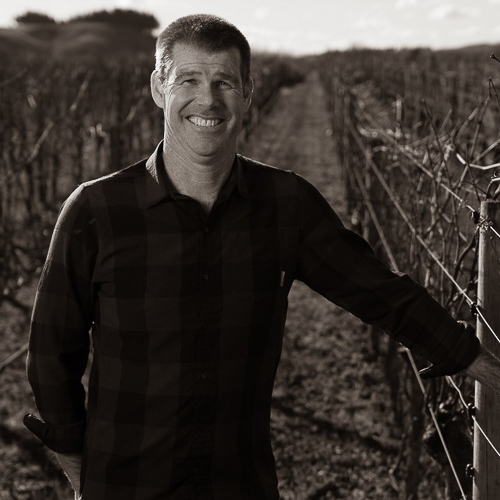
Jonathan Hamlet
With 20 years’ experience in the New Zealand wine industry, Jonathan is National Vineyard Manager with Craggy Range, based in Hawkes Bay. This role oversees Craggy Range’s grape production in Hawkes Bay, Martinborough and Marlborough. Prior to this, his experience across a number of producers led him to the role of Hawkes Bay Regional Viticulturist for Villa Maria. During this time, Jonathan forged extensive experience in organic viticulture leading to the role of the Chair of Organic Winegrowers NZ for four years. Jonathan currently sits on the New Zealand Winegrowers Research Advisory Committee for the Bragato Research Institute.
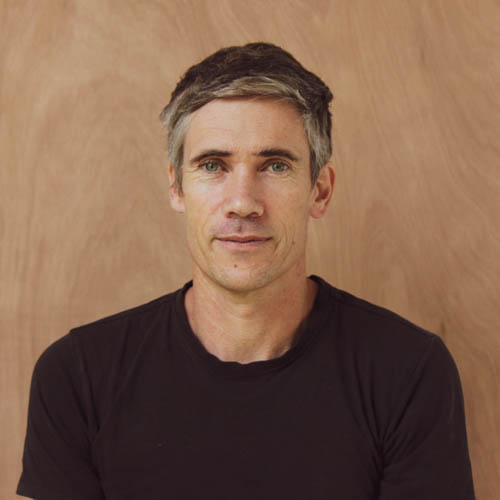
Joris Besamusca
With a background in design and over 20 years experience as a web developer, Joris is the driving force behind the Integrape platform. Joris is passionate about leveraging technology to develop user friendly solutions for viticulture, and constantly liaising with industry to ensure they stay on track.
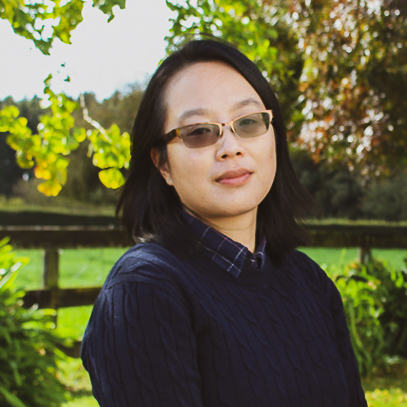
Kar Mun Chooi
Kar Mun is a Senior Scientist based at The New Zealand Institute for Plant & Food Research Limited. Over the last decade, her main research interests have included understanding plant-insect-virus interactions using a range of different laboratory and digital techniques. Currently, she has been exploring the capability for remote sensing technology and deep-learning algorithms to help improve disease management decisions in the vineyard, including an image-based tool for detecting leafroll virus-infected grapevines.
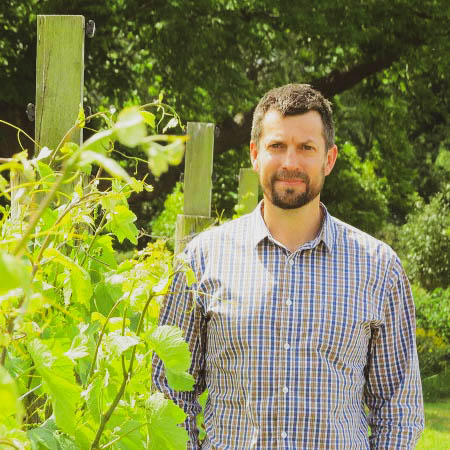
Len Ibbotson
Len joined the BRI team as Viticultural Extension and Research Manager. He leads the communication of research information to members, to ensure information and tools delivered by research programmes are being adopted and applied to deliver member and industry benefits. Originally from Hawkes Bay, Len studied Viticulture and Oenology at Lincoln University before heading to Central Otago, working for several years in various operational and technical management roles in the wine industry there. He relocated to Marlborough in late 2016, where he managed the viticulture programme for Matua’s company-owned vineyards. With a passion for viticulture and wine, Len recognises the importance of understanding and connecting viticulture inputs with wine quality.
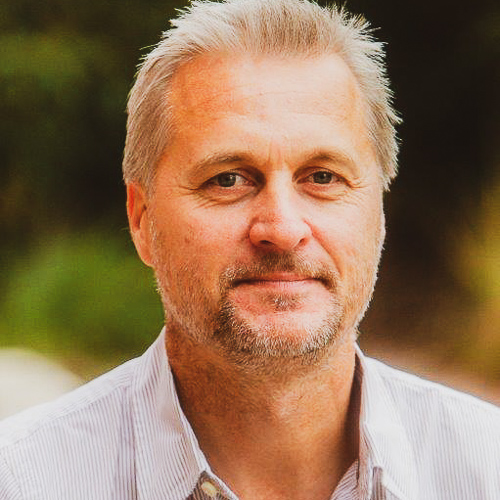
Mark Sosnowski
Mark is Sub-Program Leader, Horticulture Pathology at the South Australian Research and Development Institute. Mark has led research in Australia and New Zealand on managing grapevine trunk disease for the past 19 years, also collaborating with colleagues in North America and Europe. He is the Australasian regional councillor on the International Council for Grapevine Trunk Diseases. Mark draws on his vast research knowledge and extensive international experience and collaboration to provide industry with the latest information for effective management of grapevine diseases.
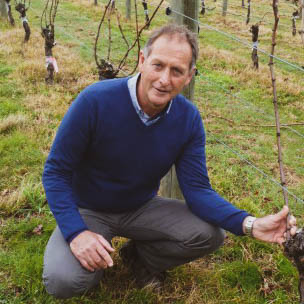
Nick Hoskins
Nick’s involvement with the Vineyard Ecosystems programme began in 2015 after fronting the New Zealand Winegrowers’ Virus Elimination Programme (2009-2015). Since then, he has co-managed the research programme alongside Bragato Research Institute managers. Nick’s involvement in viticulture began in Martinborough in the early ’80s, as Vineyard Manager for Martinborough Vineyards. His interest in vine health and genetics prompted a move to Riversun in 1998. Returning to Masterton in 2003, Nick has continued working remotely for Gisborne-based Riversun as Director of Viticulture. Nick also established and ran Vine Managers Wairarapa Ltd, a management and consultancy business (2006 to 2019).
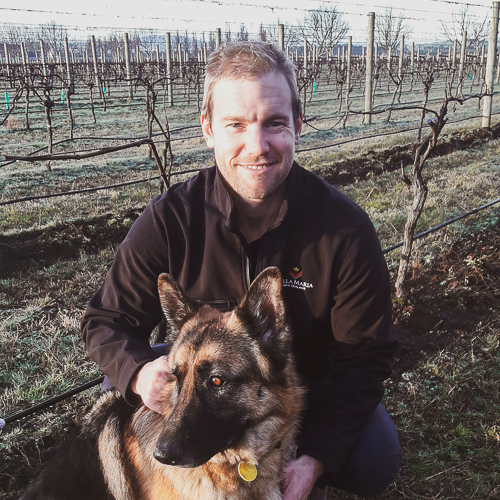
Paul Robinson
Paul has been part of the industry for 15 years and is currently the Hawke's Bay Regional Viticulturist for the Indevin/Villa Maria Group. In his role, he oversees company and grower grape supply across a wide range of varieties and vineyards. Prior to this, he managed Villa Maria’s Te Awa and Joseph Soler vineyards which included over 50ha of organic grape production. Paul is a previous winner of the New Zealand Young Viticulturist of the Year competition and now sits on the National Committee helping to bring up the next generation of young vits.
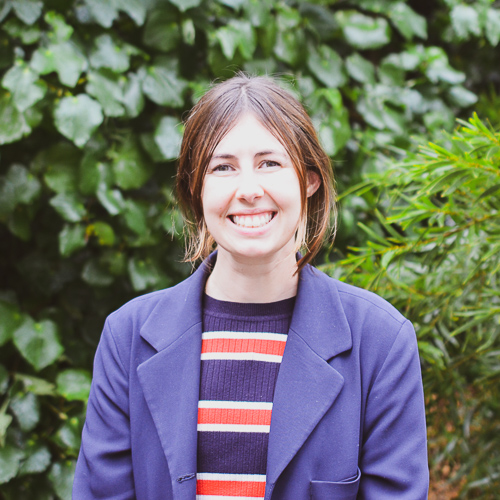
Rebecca Gough
Rebecca is an up-and-coming scientist, currently a Research Associate at The New Zealand Institute for Plant & Food Research Limited. Since 2019, she has worked to develop sensitive and specific detection tools, allowing collaborators to monitor the efficacy of disease management techniques and to evaluate emerging disease management strategies. Specifically, Rebecca develops novel detection methods for and identifies plant viruses and viroids in a range of horticultural crops, weed species and native plants. A key focus has been the detection of grapevine leaf-roll disease in grapevines, the sap-feeding mealybugs and nearby non-crop plants such as clover.
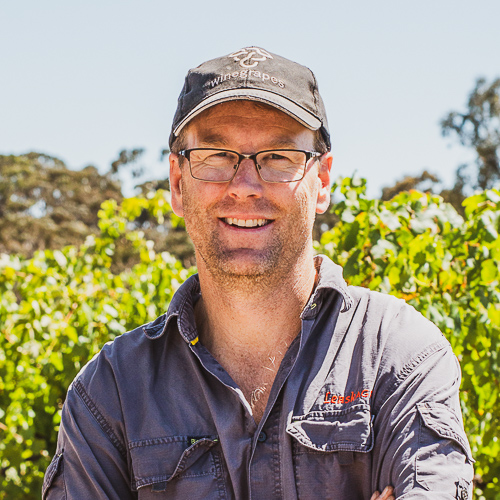
Richard Leask
Richard is a second-generation winegrower based in McLaren Vale, South Australia, with 26 years experience in various Australian wine regions. Presently, he is at the helm of Leask Agri, a vineyard management company focusing on regenerative agriculture principles over family-owned and client vineyards totalling 180ha. He is co-owner of boutique wine label Hither and Yon with a strong focus on climate adaptive varieties. In 2019, Richard was awarded a Nuffield Farming Scholarship to study Regenerative Agriculture systems across farming enterprises globally. In 2021, he was a finalist in the ASVO Viticulturist of the Year Award and is a founding trustee of the Regenerative Viticulture Foundation.
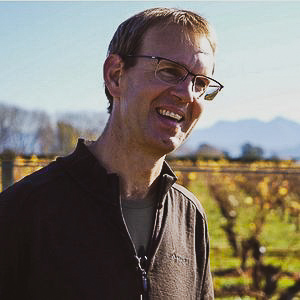
Robert Holdaway
Robert grew up on his family vineyard in Marlborough before leaving to study ecology at the University of Canterbury and obtaining a PhD from Cambridge University. He worked as a research scientist at Landcare Research in Lincoln for 8 years, covering a diverse range of fields including forest ecology, biodiversity assessment, environmental DNA, carbon, and regenerative agriculture. Robert moved back to Marlborough in 2017 to work full-time within his family’s wine business, Lowlands Wines. He is particularly interested in the translation of research into practice, especially the integration of science-based regenerative farming practices into commercial viticulture operations.
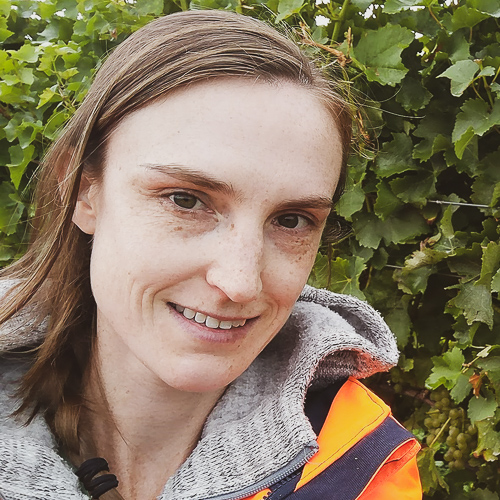
Sarah Knight
Sarah is a lecturer at the University of Auckland, specialising in molecular ecology and industrial microbiology. Her research examines the distribution, diversity and performance of microbial communities associated with vines and wines and how these communities contribute to the quality, sustainability, and local identity of the New Zealand wine industry. Sarah completed her PhD at the University of Auckland in 2015 investigating the population dynamics of New Zealand’s Saccharomyces cerevisiae and quantifying the extent to which yeast contribute to regional wine typicity. She has since worked alongside the Lighter Wines and Vineyard Ecosystems research programmes with New Zealand Winegrowers and Bragato Research Institute.
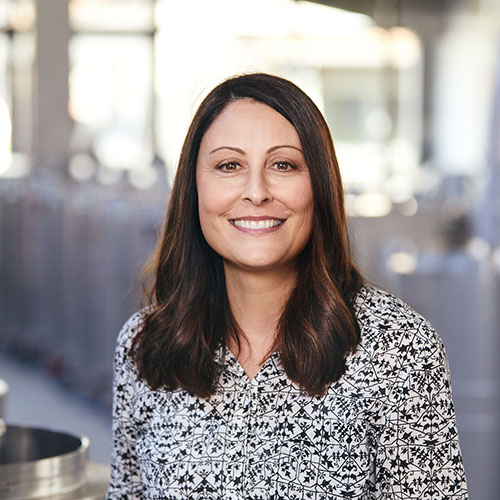
Tanya Rutan
Tanya started as the Research Winery Manager at BRI in January 2020. Originally from the USA, she has a MSc in Wine Chemistry from the University of Auckland and completed a PhD in Wine Science working in collaboration with industry on identifying the primary aromatic compounds and phenolic composition of Central Otago Pinot noir wines. Tanya moved to the Marlborough region to take on a role as a post-doctoral scientist with Plant and Food Research working on projects in the Pinot noir programme.
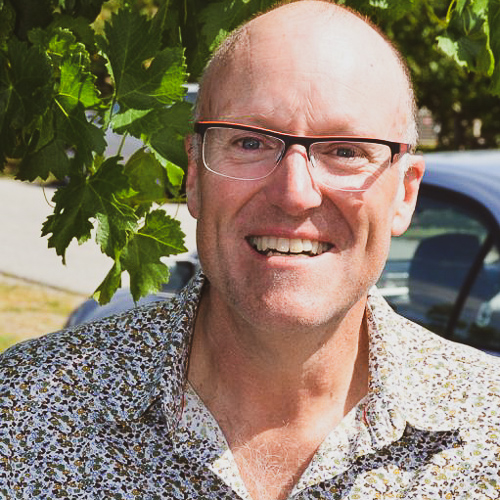
Vaughn Bell
Vaughn is a Senior Scientist working for The New Zealand Institute for Plant & Food Research, Havelock North. Since 2004, he has studied sap-feeding mealybugs in vineyards, with an emphasis on their ecology, biology and ability to transmit (or vector) grapevine viruses. By examining the inter-relationship between the vine, virus and vector, his findings contributed to the development of a practical and financially sustainable virus management response commonly deployed in commercial vineyards in New Zealand. He has also sought to increase the effectiveness of mealybug biological control by focusing on ‘softer’ chemistry and habitat manipulation supporting greater biodiversity.




